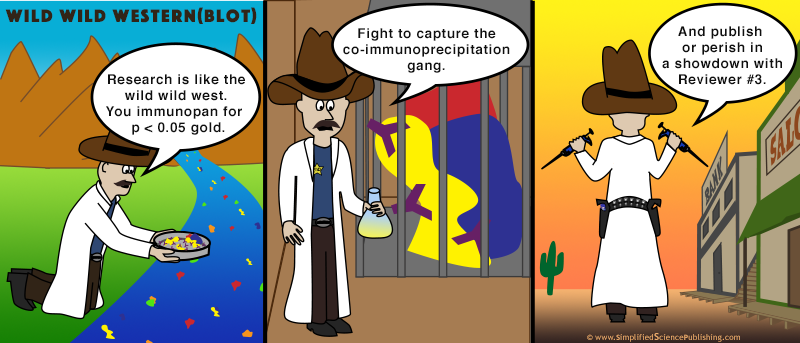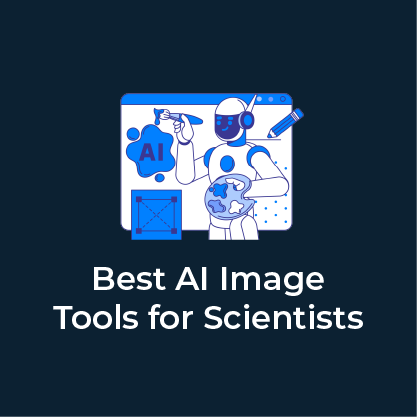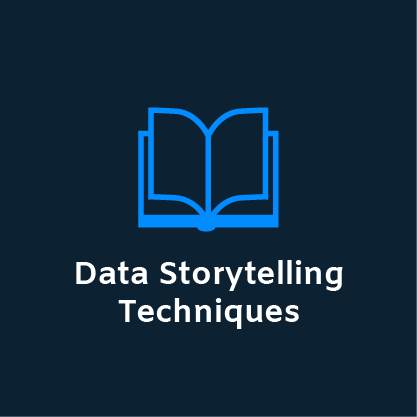From Scientist to Illustrator: Alternative Science Career Path
Learn More About Simplified Science PublishingKaren Thiebes is a scientific illustrator and founder of Simplified Science Publishing. She earned a PhD in Neuroscience and used design training to transition into an alternative science career as a graphic designer and marketing analyst.
Alternative Science Career Path
My interest in science started with a strong desire to understand how living things work. This interest led me to become a scientist who worked to discover more about how our nervous system develops from single cells to complicated nerve networks. Although I loved discovering new molecular details as a researcher, I did not love spending entire years transferring tiny amounts of liquid from one tube to another. When these two truths collided during the second year of my Neuroscience graduate training, I began to think creatively about how I would pursue an alternative science career.
I started by asking myself questions about what I enjoy most about science and where I saw myself in five years. The honest answer was that even though I felt excited by the creativity and dedication required to design effective experiments, I was more interested in designing engaging scientific figures and presentations.
After I realized that my long-term goal was not to stay in academic research, I began to focus on increasing my graphic design, project management, and scientific communication skills. My goal was to plan a loose path toward a scientific communication and design career and I hoped that building skills would expand my opportunities..
Building Scientific Illustration and Design Skills
I started to make a slow transition from scientist to illustrator by building my digital design skills and credentials. This included taking a night class at Portland Art Institute and taking online Adobe Illustrator, Photoshop, Illustrator, and Maya courses from LinkedIn Learning. In taking these courses, I was able to apply the skills to my own research figures, websites, and other artistic projects to create a design portfolio.
Developing new expertise takes time. My initial digital illustrations and animations were rough around the edges and it took over three years of practice before I was able to create professional-level designs. For example, one of my first attempts at creating a scientific illustration for the public was for the ASCB Comic Strip competition (shown below). I created the illustration in Photoshop and even though it was crudely drawn, it helped me learn more about how to use digital illustration design tools while I was still completing my PhD.
The main piece of advice I have for anyone who is embarking on a new career path is to be persistent and patient. New skills do not develop overnight and you should be proud of the small progress you make toward your goals each week.
Building Connections
It was also essential for me to burst the academic bubble and build connections with people in the wider biotech communities and other professional industries. As a researcher, it is easy to avoid networking and only connect with the people you know at research conferences. I strongly recommend attending a variety of professional events and networking outside of research conferences because this was one of the most important activities that helped me understand what kind of career opportunities exist outside of academia.
My favorite question to ask when I first started attending networking events was "what brings you to this event?" I wasn't trying to sell my services as an illustrator because I wasn't ready yet. I was simply enjoying hearing what people do for a living and would introduce myself as a researcher who was learning about more careers beyond the laboratory. You also never know who you will meet. While attending a science communication conference, I once met Jorge from PhD comics and he drew me an illustration on the back of his business card during a presentation.
As people shared their stories, I began to realize how many different jobs are available to someone with good project management, communication, and scientific critical thinking skills. These conversations made me excited to continue increasing my design experience and encouraged me to explore alternative career paths.
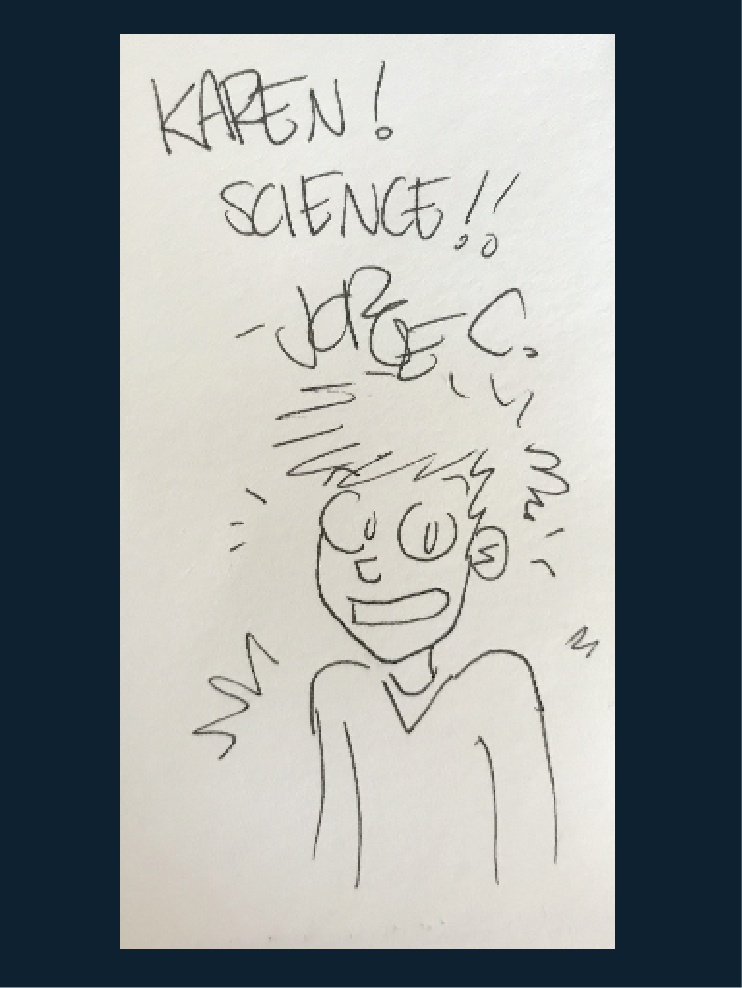
Alternative Science Career Path Leap
The scariest step of my career was graduating with a PhD in Neuroscience without a job. My first break came six months after I graduated when I was asked to help a former colleague at my graduate school create figures that would meet the criteria for the journal Science Translational Medicine. The success of this first project led me to create the company Simplified Science Publishing so that I could be paid formally. From that point on, I was officially open for business as a freelance illustrator.
My career path has evolved in unexpected and joyful ways since my first scientific publication design project. I still work part-time as a scientific illustrator for Simplified Science Publishing, but working in website design also led me to pursue a full-time career as a search engine optimization (SEO) analyst and strategist. This has resulted in an extremely rewarding alternative science career that combines my analytical, scientific, and creative interests.
Are you Interested in Pursuing an Alternative Science Career?
One of the common questions my friends and colleagues in academic research have asked me is "how can I learn more about pursing an alternative science career?" Aside from learning more about career options from networking events, I strongly suggest that you outline your own strengths and interests. If your talents and interests align with a more creative and art-focused career then you should consider learning more about becoming a scientific illustrator and watch the course on scientific communication careers. If your talents and interests point you toward being an excellent project manager and analyst, then I suggest you learn more about options in administrative, communications, and marketing careers.
Researchers often believe that scientific training doesn't easily translate into other career paths. I strongly disagree. The critical thinking, presentation, and project management skills that one develops by working in a research lab are highly applicable to many different types of careers. If you are interested in pursuing an alternative science careers, don't hesitate to brainstorm how your strengths and interests can apply to jobs outside of academia.The scariest step of my career was graduating with a PhD in Neuroscience without a job. My first break came six months after I graduated when I was asked to help a former colleague at my graduate school create figures that would meet the criteria for the journal Science Translational Medicine. The success of this first project led me to create the company Simplified Science Publishing so that I could be paid formally. From that point on, I was officially open for business as a freelance illustrator.
Create professional science figures with illustration services or use the online courses and templates to quickly learn how to make your own designs.
Interested in free design templates and training?
Explore scientific illustration templates and courses by creating a Simplified Science Publishing Log In. Whether you are new to data visualization design or have some experience, these resources will improve your ability to use both basic and advanced design tools.
Interested in reading more articles on scientific design? Learn more below:
Content is protected by Copyright license. Website visitors are welcome to share images and articles, however they must include the Simplified Science Publishing URL source link when shared. Thank you!
